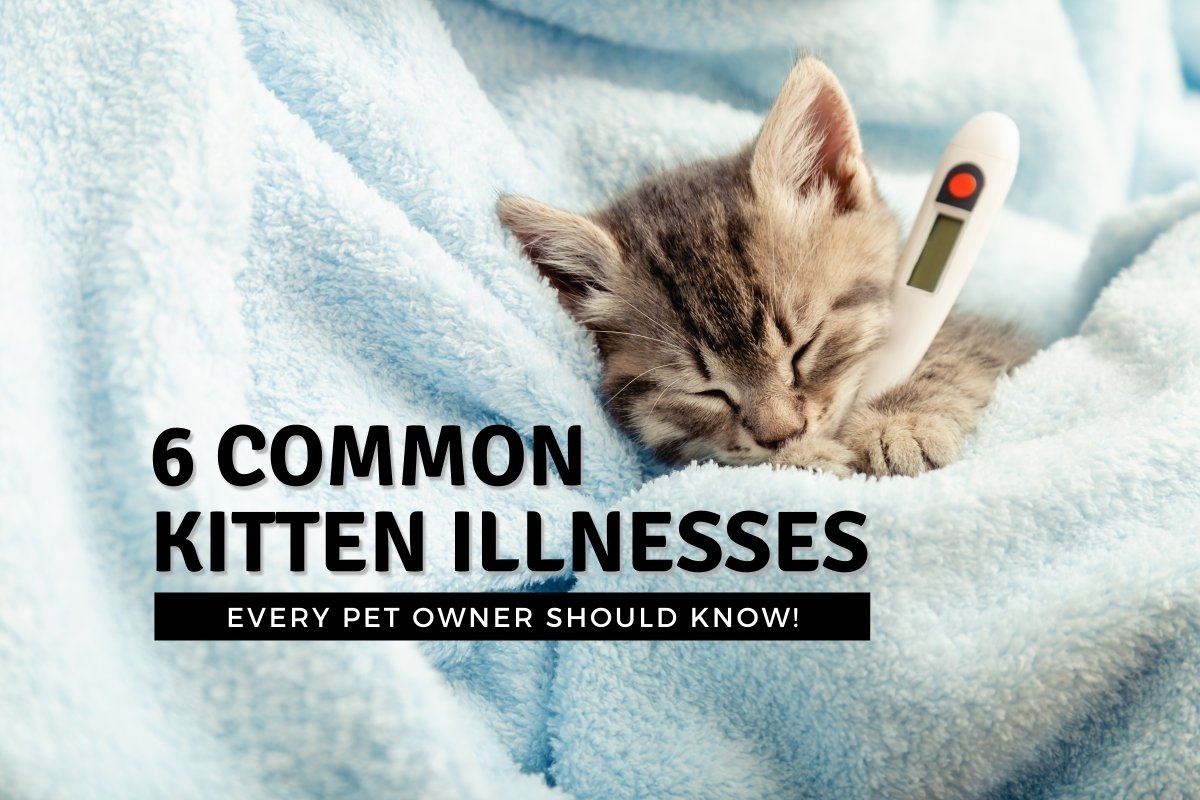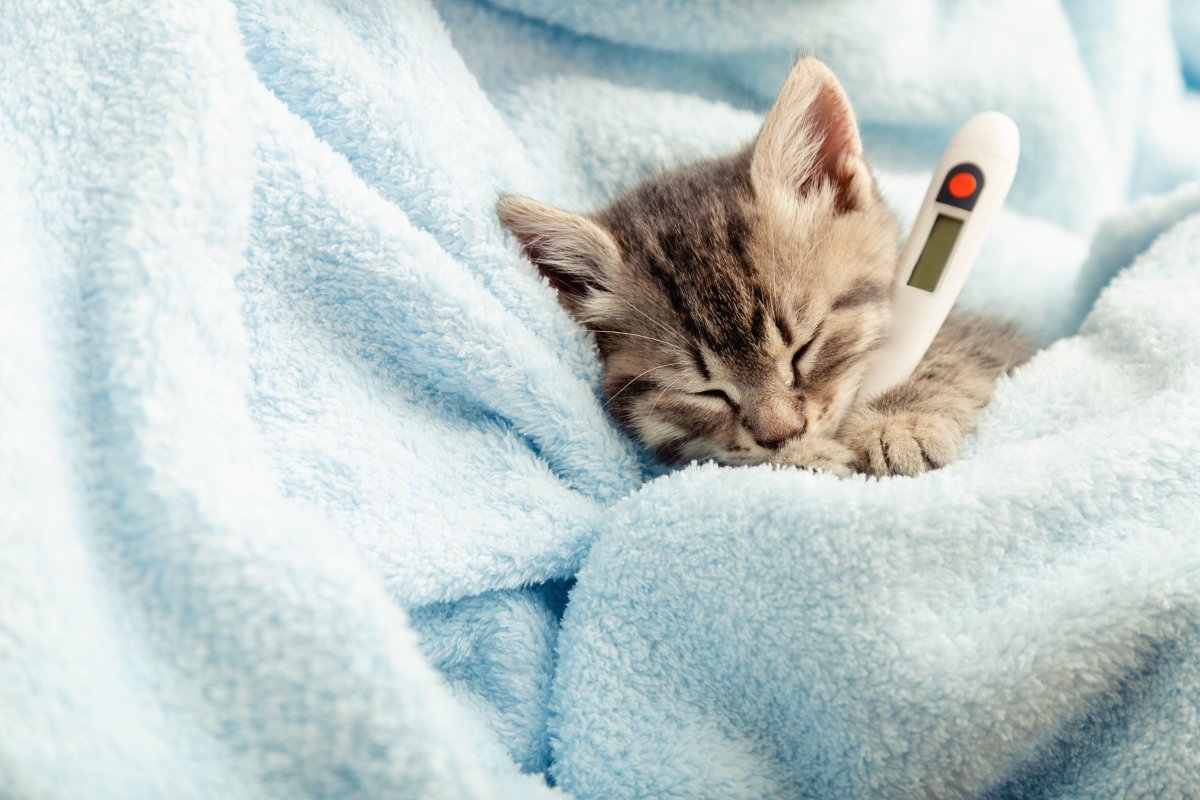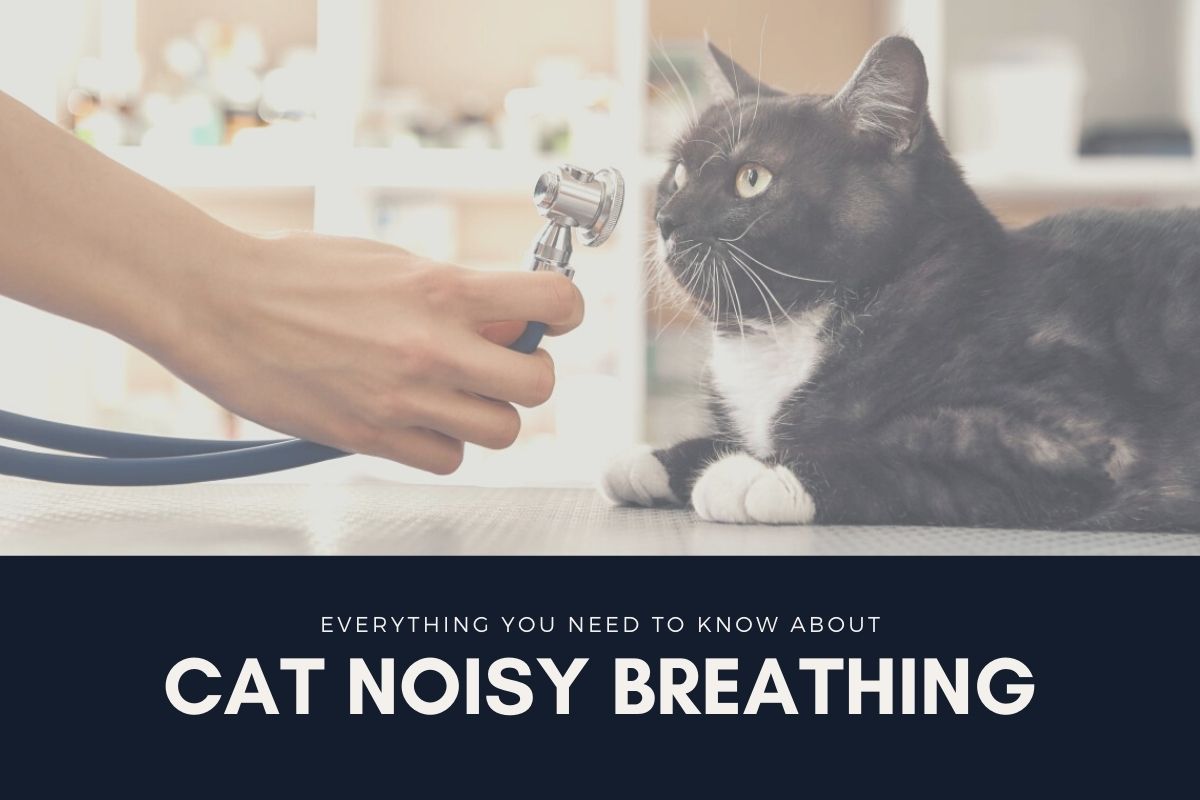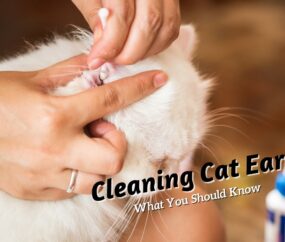Many kitten diseases and common kitten illnesses might be like hypertrophic cardiomyopathy, which tends to be congenital. However, most kitten illnesses are formed and contracted through viruses, parasites, and infections. This is mainly seen in outsider kittens, which might be passed on, and vaccinated kittens tend to be safe from most of them.
Where Are Kitten Diseases And Kitten Illnesses Mostly Found?
The kitten health issues and kitten illnesses are mostly found in feral cat mothers than the domestic cats. This is because the feral cats have more kittens, and they tend to be prone to parasites, especially those that can further spread the disease. Moreover, they are undernourished and can’t provide proper nutrition to their kittens.
However, kittens nowadays are prone to a lot of other kitten illnesses and diseases as well. Your kitten is likely to get one or another disease or illness, so make sure you know just enough to identify the sick kitten symptoms at an early stage.
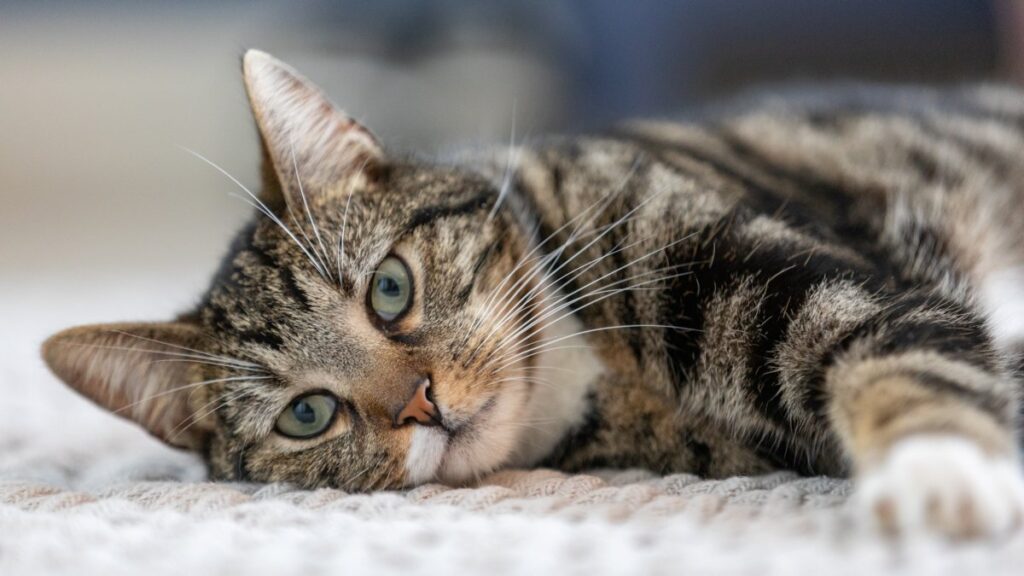
Upper Respiratory Infections
These upper respiratory infections tend to be like the calicivirus or the feline herpes virus. These are known as the kitten killer diseases, which trigger them when they are just a few weeks old. The symptoms of this kitten illness include sneezing a lot, and sometimes the kittens might develop a yellow discharge from their eyes and have a runny nose.
If your kitten is refusing to eat and has problems breathing, it means the situation has gotten worse, and you should consult a vet. The treatment process for this starts after you call the vet. Then the kitten is tested and analyzed. The recovery period for this illness is usually from five to seven days, but sometimes even longer due to feline herpes being dormant in the kitten’s body.
Feline Distemper
This is one of the kitten illnesses that tend to be pretty rare and take a very nasty turn. It is one of the kitten illnesses that can be lethal and serious. This virus attacks the kitten’s immune system and depletes it into nothing, which means that this is almost untreatable. The vaccines for this are available.
However, this kitten illness is transmitted through fecal-oral routes. This symptom includes the kitten being extremely ill and suffering from throwing up, resisting eating anything, and having white mucous-like diarrhea.
The treatment for such kitten illnesses includes being hospitalized and isolated for a while so that no disease is transmitted. The vet gives antibiotics to prevent any other infections from forming, and the kitten is given a lot of fluid.
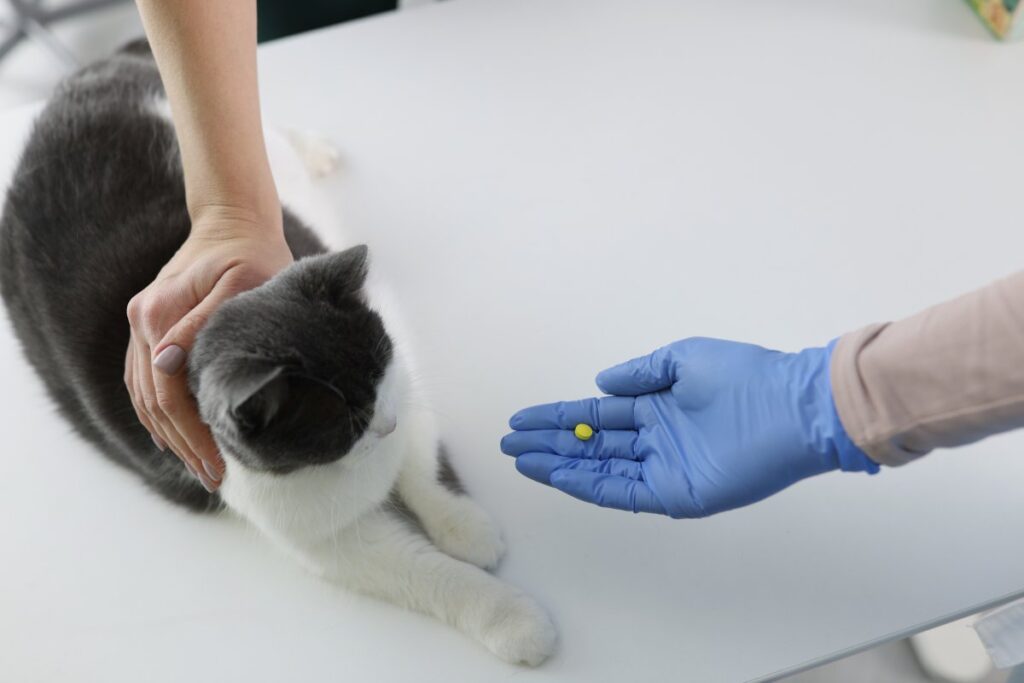
Intestinal worms
This is one of the kitten illnesses that come in many varieties to the kittens, all of which aren’t pleasant. They tend to be extremely dangerous and harmful. The roundworms, hookworms, and whipworms tend to burrow into the kitten’s intestines and lead to a lot of diarrhea and weight loss.
The kittens usually develop the worms through ingestion of worm eggs from another cat’s fecal matter. The major symptoms of this are weight loss and excessive diarrhea, and it is treated through de-formation of the kitten. This begins at eight weeks old, and many worm-killing medications for kittens are used, but make sure you follow what your vet suggests.
The kitten’s recovery from this might take up to two weeks. Still, there will always be a risk of the infection coming back, as kittens tend to consume the eggs they passed only a couple of weeks ago.
Coccidia
Another one of the kitten illnesses that leads to intestinal parasites and is transmitted through the fecal-oral route. There is no sort of vaccine that cat protects the kittens from this illness. However, it isn’t a common ailment.
The symptoms of this illness include diarrhea and dehydration in the kitten, as well as resisting eating. You can identify coccidia by having your vet examine the kitten through a stool examination along with many others. The treatment process mainly includes all prescribed medications given by the vet.
The recovery time ranges from a week to maybe 10 days after starting therapy. Some vets prefer treating the kittens for up to three weeks if there is an illness relapse.
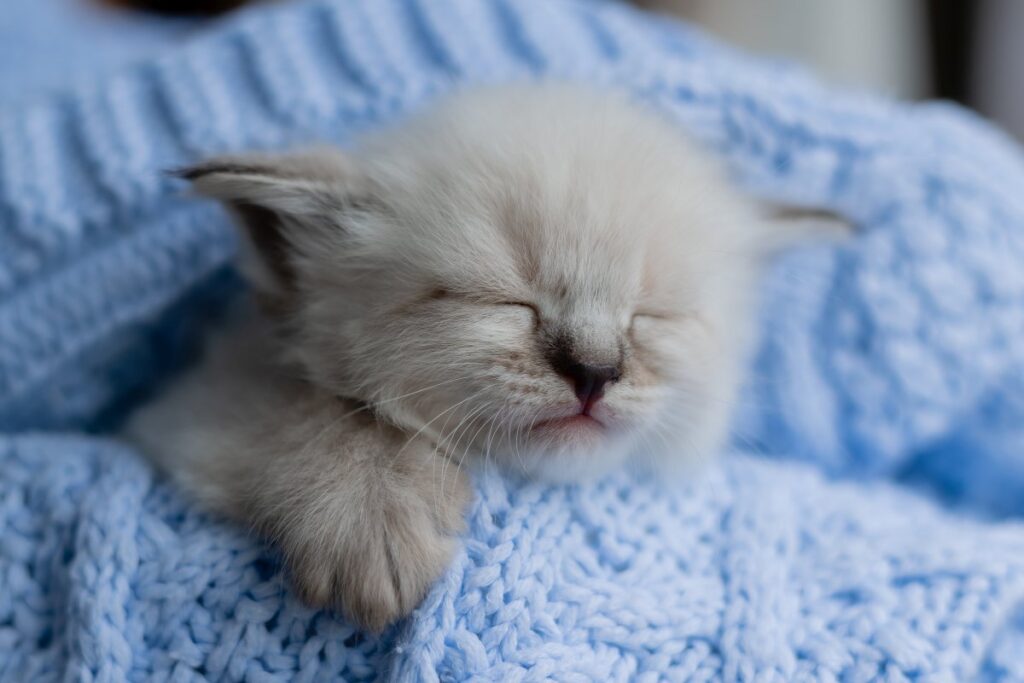
Fleas
It is one of the kitten illnesses, which is a pretty common one and easy to treat. The kitten can catch fleas through the environment as they wait for a host for a very long time and take a chance with the kittens.
The flea dirt is very visible, as it can be seen as dark specks that might look like black powder or pepper. The fleas are made of digested blood, and these are mostly found in the kitten’s fur.
The symptoms of this include a lot of itching and hair loss. The treatment is mostly based on what the vet suggests and what medications are prescribed for the kitten. The recovery from this mostly takes a day or two.
Ear mites
This is one of the kitten illnesses which are transmitted like fleas. Their ear mites tend to be microscopic and white and tend to be small to see properly. This can be a crumbly white product in your kitten’s ear which you might have ignored, thinking it’s just dirt.
However, if you find anything like this, make sure you take compulsory measures like consulting with the vet about the kitten’s illnesses. The symptoms of this illness include kitten’s scratching their ears and shaking their heads a lot. The shaking might lead to the bursting of a blood vessel which is very painful. This can be treated through liquid drops within the ears and then drops again after two weeks break.
Conclusion
Conclusively, you can see that there are many kitten illnesses present that you might not even know of. Hence it is essential to know about its symptoms just in case your kitten comes across it. Most of these illnesses tend to be harmful to the kitten, whereas others are easily managed, especially when detected early.

